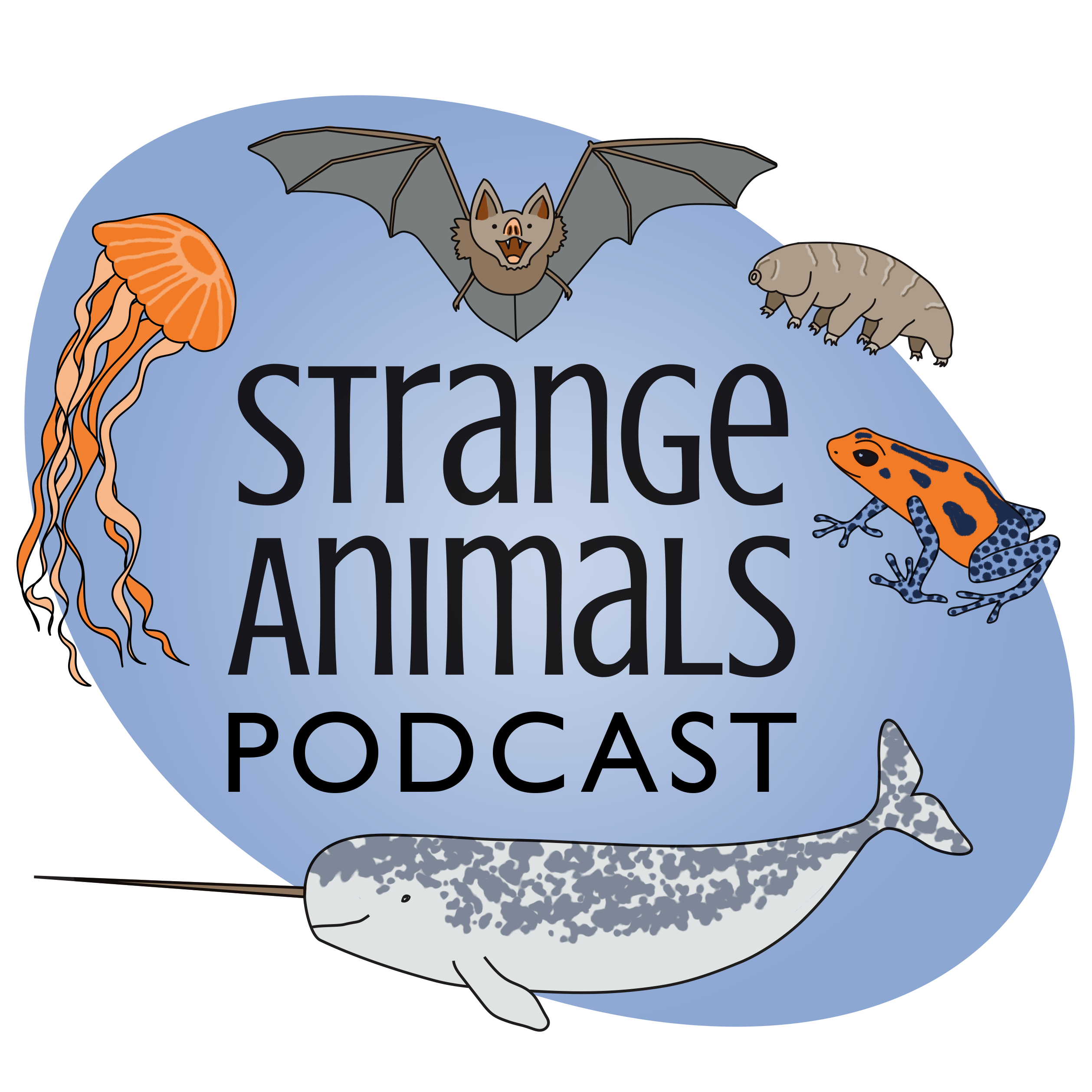Episode 272: The Waitoreke

b'Thanks to Sarah L. for buying the podcast two books off our wishlist! This episode was inspired by an entry in one of those books!\\n\\nA very happy birthday this week to Matthew!\\n\\nDon\'t forget that you can still contribute to our Indiegogo "Tiny Pin Friends" campaign to get a small hard enamel pin of a narwhal, a capybara with a tangerine on its head, and/or a thylacine!\\n\\nOn April 19, 2022, the book\\xa0Beyond Bigfoot & Nessie: Lesser-Known Mystery Animals from Around the World goes officially on sale in paperback everywhere! (The ebook is already available.) Bookstores in the U.S. can order fully returnable copies at a standard bookstore discount; bookstores outside of the U.S. still get a discount but the copies are non-returnable. The book should be available to order anywhere you usually order books, including Amazon and Bookshop.org!\\n\\nFurther reading:\\n\\nRakali/Water-rat--Australia\'s "otter"\\n\\nAdditional Sources (because this episode turned out to be really hard to research):\\n\\nConway, J., Koseman, C.M., Naish, D. (2013).\\xa0Cryptozoologicon vol. I, 37-38.\\xa0Irregular Books.\\n\\nLey, Willy. (1987).\\xa0Exotic Zoology, 291-295. Bonanza. (Original work published 1959)\\n\\nPollock, G. A. (1970). The South Island otter: A reassessment. Proceedings (New Zealand Ecological Society), 17, 129\\u2013135.\\n\\nPollock, G. A. (1974). The South Island otter: An addendum. Proceedings (New Zealand Ecological Society), 21, 57-61.\\n\\nWorthy, T. H., et al. (2006). Miocene mammal reveals a Mesozoic ghost lineage on insular New Zealand, southwest Pacific. Proceedings of the National Academy of Sciences of the United States of America,\\xa0103(51), 19419\\u201319423. https://doi.org/10.1073/pnas.0605684103\\n\\nAn otter with its telltale bubble chain (Photo by Linda Tanner):\\n\\n\\n\\nA rakali swimming (photo by Con Boekel, from website linked to above):\\n\\n\\n\\nShow transcript:\\n\\nWelcome to Strange Animals Podcast. I\\u2019m your host, Kate Shaw.\\n\\nThis week we have a fascinating mystery animal from New Zealand! Many thanks to Sarah L., who very generously bought me a couple of books off my podcast wishlist, which I tend to forget is even a thing that exists! One of the books is Cryptozoologicon, Volume 1 by John Conway, C.M. Koseman, and Darren Naish, and that\\u2019s where I got this week\\u2019s topic, the mysterious waitoreke. [why-tore-EH-kee]\\n\\nThis week is also special because the paperback version of our own book, Beyond Bigfoot & Nessie: Lesser-Known Mystery Animals from Around the World, officially goes on sale on April 19, 2022. That\\u2019s tomorrow, if you\\u2019re listening to this the day the episode goes live. It should be available to order everywhere you ordinarily buy books, throughout the world. The ebook is available too. I\\u2019ve mailed all Kickstarter copies so if you haven\\u2019t received your copy yet, let me know. There were a few people who never returned the backer survey so I don\\u2019t have those addresses to mail books to. If you want a signed copy of the book at this point, or a hardback copy, you\\u2019ll need to catch me in person. I\\u2019ll be at ConCarolinas over the first weekend of June and I\\u2019d love to meet up with you. I\\u2019m working on the audiobook now, for those of you waiting for that one. (It\\u2019s a slow process, so don\\u2019t expect it for at least another month, sorry.)\\n\\nYou know what else is happening this week? A birthday shout-out! Happy birthday to Matthew! I hope your birthday is everything you ever hoped for in a birthday, or maybe even more!\\n\\nNew Zealand has almost no native mammal species except for a few bats, some seals and sea lions that live along the coast, and some whales and dolphins that live off the coast. Lots of mammals have been introduced, from dogs to rats, cattle to cats, but there are reports of a small mammal in New Zealand called some version of waitoreke, supposedly a Maori word meaning something like swift-moving water animal. Even the animal\\u2019s name is confusing, though. No one\\u2019s sure whether the word is genuinely Maori.'